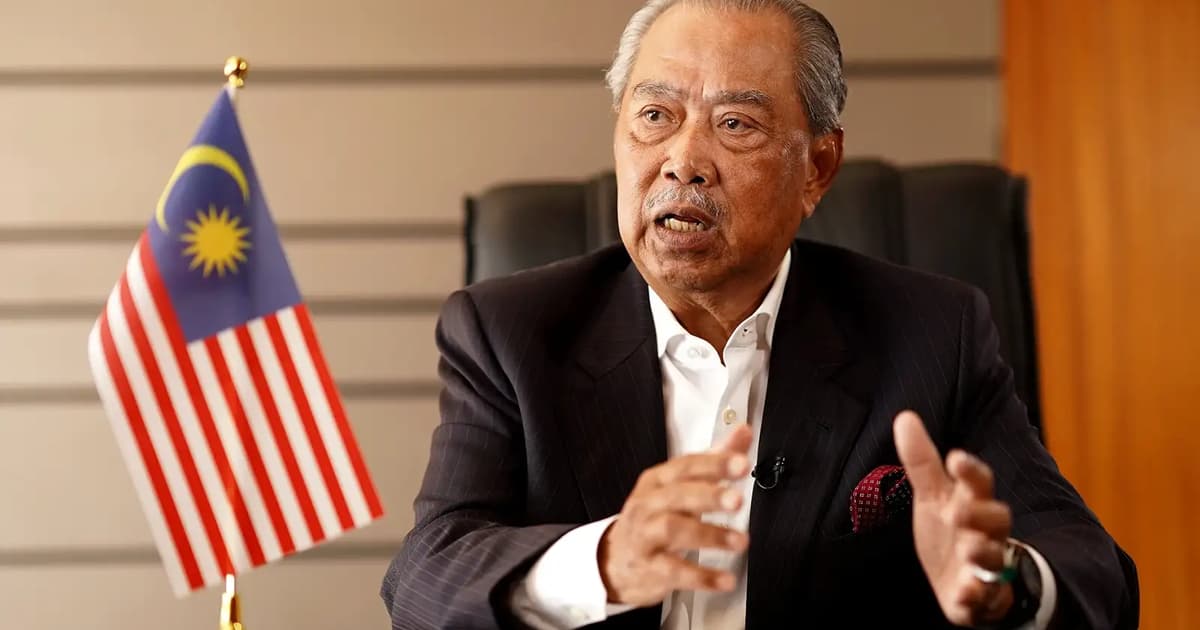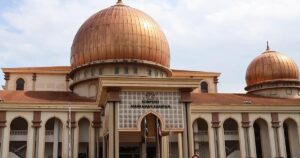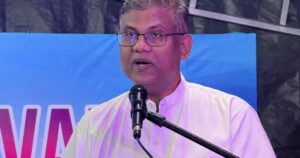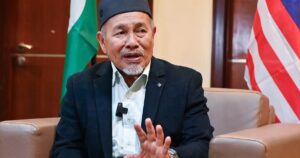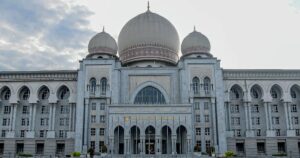
As PAS gears up for the start of its 71st muktamar today, an analyst expects the matter of Perikatan Nasional’s (PN) prime ministerial candidate for the 16th general election (GE16) to take centre stage given the apparent disquiet seen in its coalition partner Bersatu.
Hisomuddin Bakar, executive director of Ilham Centre, said PAS had, in July, declined to take the lead in the opposition coalition and agreed to let Bersatu president Muhyiddin Yassin remain at the helm.
However, he said recent developments might have given the Islamic party second thoughts.
Muhyiddin, a former prime minister, was announced as Bersatu’s candidate for prime minister at its annual general assembly last week.
This followed his claim two months ago that PAS president Abdul Hadi Awang had backed him to remain as PN chairman despite his suggestion for a rotation in chairmanship.
In his address at the Bersatu general assembly on Saturday, he said that some had been collecting signatures in an effort to oust him.
A commotion then erupted, with a small group of delegates calling for him to step down while the majority broke chants of “Hidup Tan Sri” in his support.
There had been speculation that 122 division chiefs had signed statutory declarations urging Muhyiddin to immediately implement a change of leadership in Bersatu before GE16. A day after, Bersatu deputy president Hamzah Zainudin pledged his loyalty to Muhyiddin.
“Now, speculation is rife that PAS is looking to name another leader as the prime minister candidate, despite Bersatu affirming that Muhyiddin is the party’s choice.
“Such speculation signals a need for the PN leadership to reconsider (the prime ministerial candidate) to avoid the perception that the coalition is divided,” Hisomuddin told FMT.
PAS deputy president Tuan Ibrahim Tuan Man previously told FMT there was no need for PN to rush into naming its candidate, adding that the opposition coalition should work on strengthening its election machinery and addressing the people’s needs.
Azmi Hassan of Akademi Nusantara said that given last weekend’s kerfuffle, PAS was now seen as more stable than Bersatu, especially as there would be no contest at the muktamar for the top five posts.
He also said that PAS had the most seats in the Dewan Rakyat. He said the only drawback was the perception that it promotes extremist views, which had alienated non-Malay voters.
Retaining the top five
PAS president Abdul Hadi Awang and his deputy Tuan Ibrahim Tuan Man retained their positions for the 2025-2027 term last week, returning unopposed ahead of the party’s muktamar.
PAS’s three vice-presidents – Ahmad Samsuri Mokhtar, Idris Ahmad, and Amar Abdullah – also kept their posts uncontested.
Commenting on the matter, Hisomuddin said the retention of the top five had created two different narratives.
On one hand, it proved that PAS was able to prevent internal strife and maintain a united front, he said.
On the other hand, it sent a signal to members that they could not expect much change in terms of the party’s direction, and that these leaders would remain part of PN’s central leadership.
“PAS will remain dominant in Malay-majority states, but will be unable to come up with a concrete formula to woo the other races, either to the party or PN,” he said.
